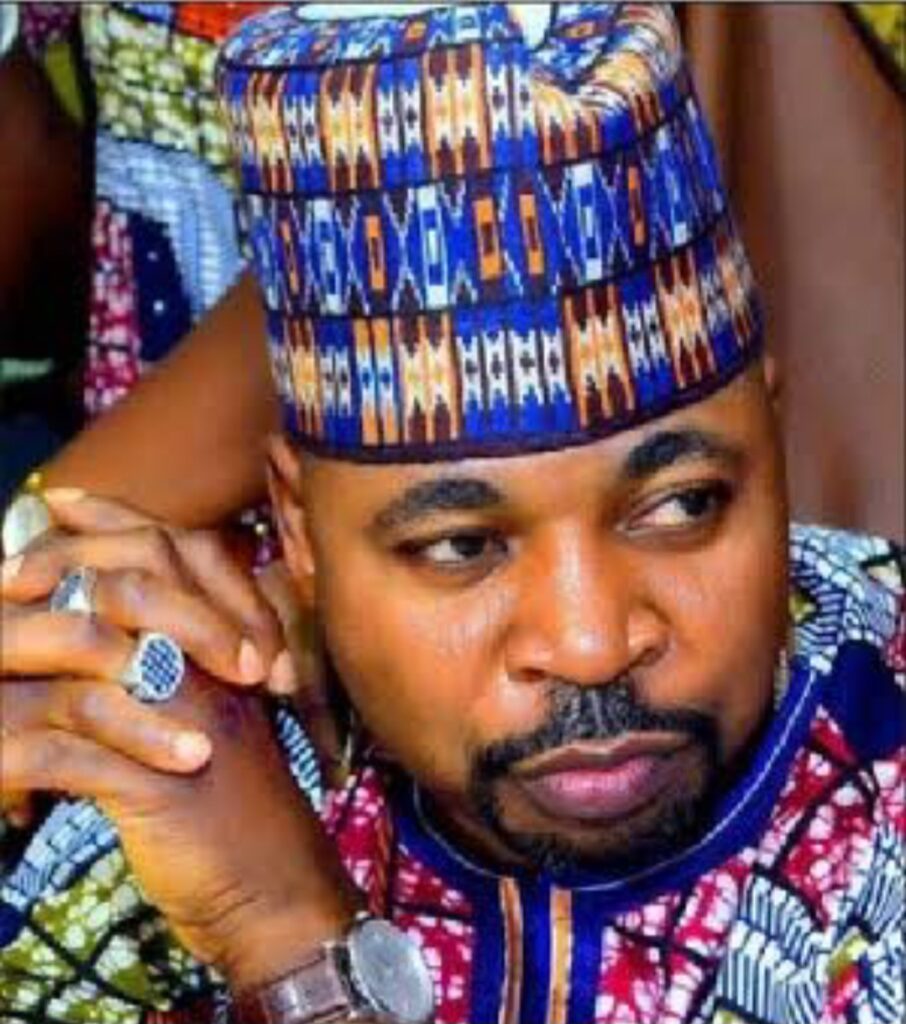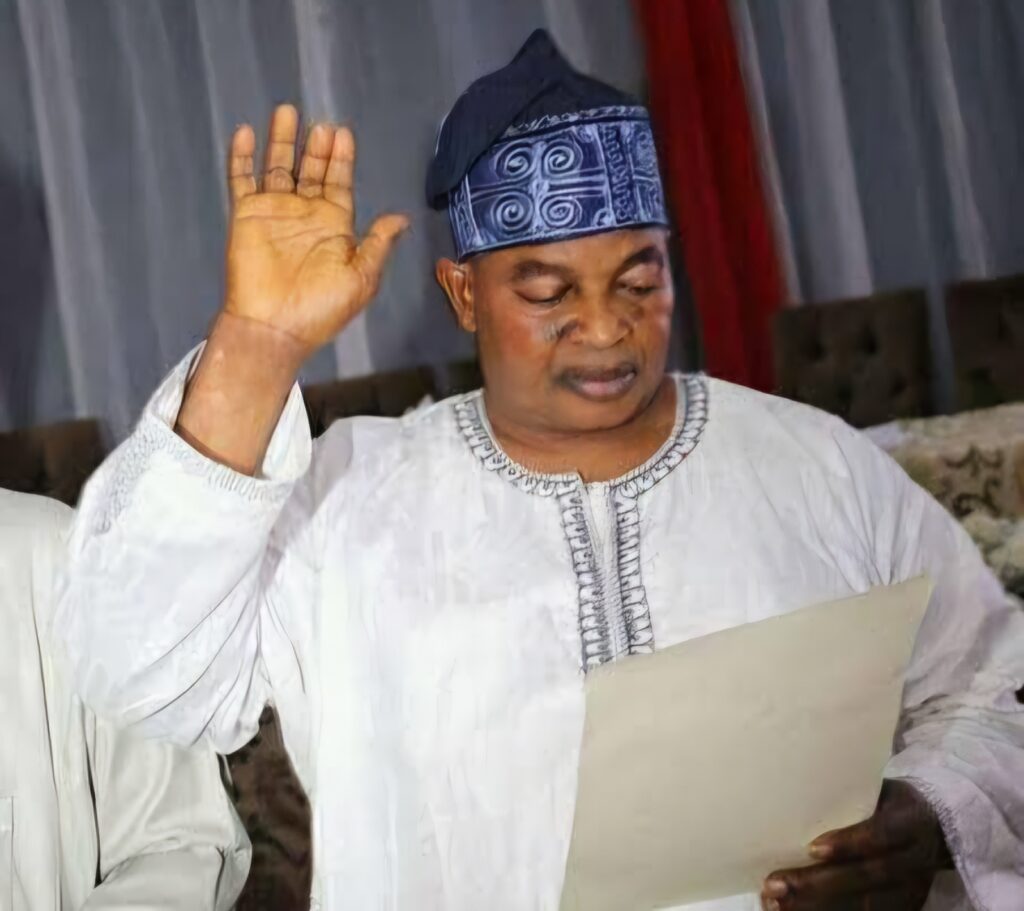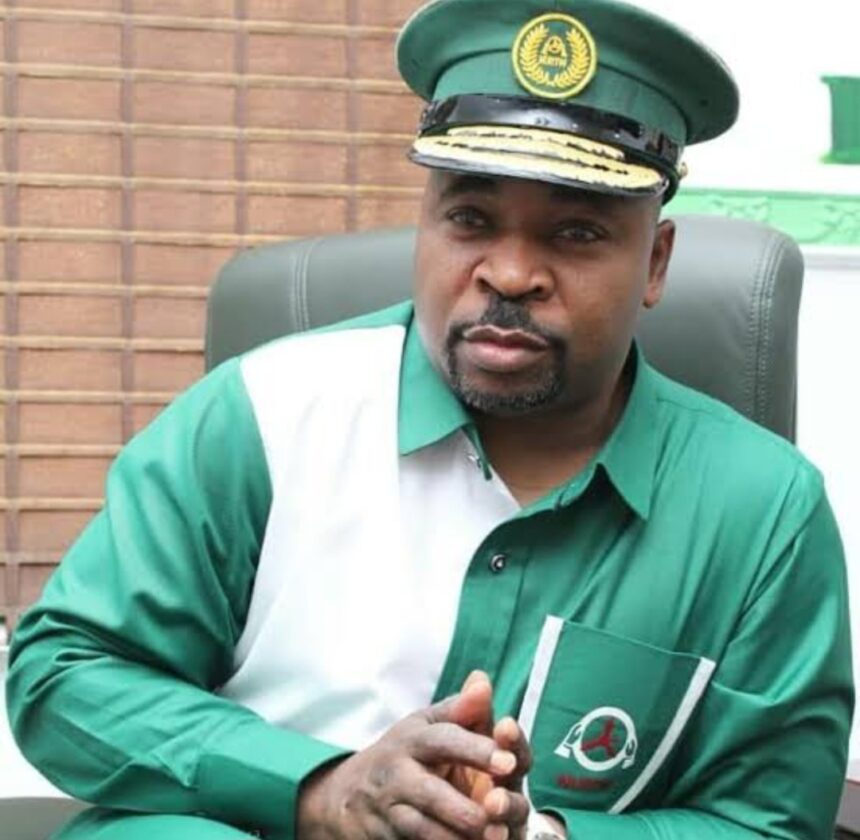Observers argue that the union’s activities reflect deeper governance issues, particularly the influence of political alliances on transport unions.
The battle for the leadership of the National Union of Road Transport Workers (NURTW) has taken a decisive turn as legal victories continue to favour Alhaji Tajudeen Ibikunle Baruwa.
Two landmark judgments reaffirmed his position as the union’s national leader, leaving Musiliu Ayinde Akinsanya, popularly known as MC Oluomo, grappling with diminishing prospects.
Adding to Oluomo’s setbacks, the Court of Appeal upheld the Industrial Court’s ruling, further solidifying Baruwa’s position. ...CONTINUE READING


Court Judgments Affirm Baruwa’s Legitimacy
On 11th March 2024, the National Industrial Court ruled in favour of Baruwa in the case NICN/ABJ/263/2023, affirming his leadership of the NURTW. This judgment dealt a major blow to MC Oluomo’s faction, which had sought to challenge Baruwa’s legitimacy.
Adding to Oluomo’s setbacks, the Court of Appeal upheld the Industrial Court’s ruling, further solidifying Baruwa’s position.
The appeal, filed by MC Oluomo’s allies, including Najeem Usman Yasin and Tajudeen Agbede, was dismissed on 8th November 2024, marking a turning point in the protracted leadership dispute.
Baruwa’s legitimacy received another boost when the NURTW’s southwest zone expelled MC Oluomo from the union, further isolating him.
Legal Experts Weigh In on MC Oluomo’s Fate
Legal experts have weighed in on the implications of these developments, casting doubt on MC Oluomo’s chances of reclaiming leadership. Human rights activist and lawyer Deji Adeyanju said, “MC Oluomo has no case. He wasn’t even a party in the appellate court suit. His prominence stems from the illegality and impunity that have permeated the Nigerian system.”
Adeyanju criticised MC Oluomo’s continued presence in the NURTW secretariat, arguing that the rulings should have conclusively ended his involvement.
“What is he still doing there? There’s impunity in the country,” he told Pulse Nigeria.
Barrister Olatodun Hassan, a Lagos-based lawyer and member of the Nigerian Bar Association, echoed Adeyanju’s sentiments.
Hassan argued that the NURTW lacks the statutory authority to operate Nigeria’s transport system and blamed government complicity for the union’s unchecked influence.
“The transport system is under the government’s purview, not a disorganised union,” he said.
Hassan questioned the legality of MC Oluomo’s expulsion from the southwest zone, stating that such a decision must stem from a union congress resolution to be valid.
He warned against potential unrest, saying, “The de-memberment without a resolution will not stand. It could spark riots in Lagos or the Southwest.”
Falana Calls for Compliance with Court Judgments
Renowned human rights lawyer Femi Falana, SAN, has called for immediate enforcement of the court rulings.
In a strongly worded statement, Falana urged the Attorney-General of the Federation and Minister of Justice Lateef Fagbemi, SAN, and the Inspector-General of Police, Kayode Egbetokun, to reinstate Baruwa as the NURTW national president.
Falana highlighted the courts’ unequivocal support for Baruwa, stating, “Both the National Industrial Court and the Court of Appeal have recognised Comrade Baruwa as the elected leader of the NURTW. The judgment must be enforced without delay.”
What Lies Ahead for MC Oluomo?
While the courts have sided with Baruwa, questions linger over MC Oluomo’s next steps. Legal experts believe he could attempt to escalate the matter to the Supreme Court, although his chances of success appear slim.
Hassan cautioned against a prolonged legal battle, saying, “This is not an issue of garage politics; it is a legal matter. The appellate court’s decision is final unless overturned by the apex court.”
The broader implications of the leadership tussle extend beyond the NURTW. Observers argue that the union’s activities reflect deeper governance issues, particularly the influence of political alliances on transport unions.
Hassan pointed out that the union’s power often stems from political ties, especially during election cycles.
A Test for Justice and Governance
As the leadership crisis unfolds, stakeholders are urging the government to re-evaluate its relationship with unions like the NURTW.
Hassan emphasised that effective governance of Nigeria’s transport system requires moving away from dependence on unions.
“It’s high time the government took responsibility for transport operations,” he said.
Meanwhile, Falana’s call for compliance with the law highlights the importance of respecting judicial decisions.
“Restoring Baruwa to his rightful position is a test of Nigeria’s commitment to the rule of law,” Falana noted.
With two court rulings in his favour, Baruwa appears to have consolidated his hold on the NURTW. For MC Oluomo, the road to leadership seems increasingly bleak.
The outcomes of this legal tussle will likely shape the future of union leadership and governance in Nigeria’s transport sector.
While questions remain about the union’s broader role and government oversight, the judgments reaffirm the judiciary’s role in upholding legality amidst the chaos.




